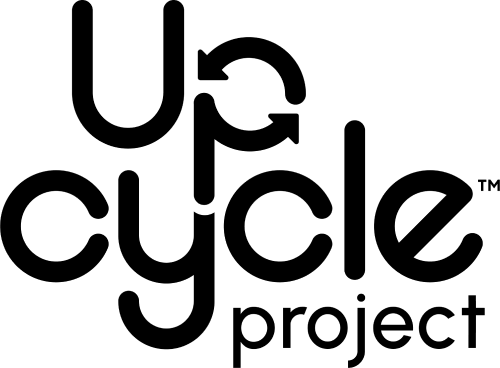From Voyage Miami
Today we’d like to introduce you to Gabriella Smith.
Gabriella, can you briefly walk us through your story – how you started and how you got to where you are today.
I tend to think of myself as a serial entrepreneur regardless of working for a corporation or for myself. I am curious about new ideas and see business opportunities everywhere, which has led me to work across different industries and learn to put passion in absolutely everything. After graduating from the University of Miami with an MBA, I wanted to start my own business, however, I felt like I still needed corporate experience. To my luck, I was offered a position at The Estee Lauder Companies Travel Retail division. My time at ELC was a type of “corporate boot camp”, not only did I get to work with powerhouse beauty brands, but also learn from a wonderful peer group that allowed me to get to know myself and management style with the support of an amazing company. Soon after leaving the corporate world, I knew I had to get back to work and focus on what has been my true passion, the fashion industry.
Although I loved fashion, I knew I had to do be involved with it differently; I needed my clothes to be more than just a brand, more than just beautiful, I wanted a story, a story of purpose, respect, transparency, and reasonability. The UpCycle Project was born from the perfect storm of curiosity, luck and community support. Our mission as an education platform is to raise awareness of the waste the fashion industry creates by creating hands-on workshops, student mentorship programs, inspiring discussions, as well as disruptive events and products that find circular solutions for fashion and other industries.
Has it been a smooth road?
As soon as I started to have an interest in sustainable fashion, it was clear to me that there was really no road to follow and if there was it came to a quick dead end. The exciting part was/is that am able to create my own road and carve my place into the world we want to live in. Being an entrepreneur and following your passion is exciting, but it also requires sacrifice and discipline to manage my time wisely and focus on things that are aligned with the overall strategy of the project. It has allowed me to meet spectacular creatives who inspire me to create something from nothing.
Additionally, to the everyday business, we try to educate the consumer, who like most of us is petrified of changing into sustainable fashion. In order to make an effective change, we suggest taking baby steps into creating a wardrobe full of stories rather than things, and shopping with intention. Here are three tips to help:
1. Don’t throw away you “non-sustainable” clothes. After all, you have already bought them and sending them to the landfill will only add to the problem. Instead, try and streamline your you style, by separating the clothes that you love, the clothes that you may wear soon and the clothes that you will never wear again (to take to a thrift store or local charity) and get creative at shopping your own closet.
2. Shop with intention. If you must add new pieces to your wardrobe make sure that they stand for what you believe in and focus on high quality. It is sometimes difficult to have a fully sustainable outfit, so I suggest that when you shop, you buy brands that stand for a specific category, such as:
a. Sustainable Materials (organic, cruelty-free, carbon neutral, 3-D printed, mindful mining, upcycled, vintage)
b. Ethically made (fair wages, made in the USA, handmade, artisan/community support)
c. Social Responsibility Funding (education, child slavery, human trafficking, social community projects, water, literacy, medical aid)
d. Limited Edition Production
3. Love your clothes. Taking care of your old and new clothes is key to increase their longevity, fast fashion or not. Be mindful of how you are using the washing machine vs. handwashing and stay away from the drying machine (mine destroys my clothes!) and hang dry as much as possible.
We’d love to hear more about your business.
The UpCycle Project was born to raise awareness on the waste the global fashion industry creates. Our goal is that consumers, as well as designers, are attuned to the environmental impact and wellbeing of the people behind their clothes. In order to have the biggest influence, we felt it was necessary to create a program that exposed students to the unfortunate truths of the fashion industry by providing a hands-on experience because after all, sustainability starts with the designer. The UpCycle Project partners with design schools by donating materials that are left behind, or fabrics that would have otherwise been discarded. Also, we invite established designers to provide mentorship through the creative process. The talented Miami students from Miami Dade’s MFI, DASH high school and Istituto Marangoni, have all come together to disrupt the fashion industry create collections that are sustainably sourced and ethically made.
More recently, we opened the doors to TUP LAB, a consulting firm for brands and designers that want to make a shift into the world of sustainability without compromising style. As a consulting partner, we help companies across industries make changes toward a circular supply chain while keeping focused on their current business models. We believe that the future is through a sustainable and ethical industry that promotes transparency and accountability.
The biggest reward in creating The UpCycle Project has been seeing students grow and evolve with the project and start to be even more creative in the sourcing of the materials they use, and the waste we create in our everyday lives. Also, I am extremely grateful for the amazing community involvement and willingness to collaborate to make a positive impact on the world through fashion.
What role has luck (good luck or bad luck) played in your life and business?
I like to consider myself a lucky person. If you consider every experience as a learning opportunity, then really anything that happens to you will be a stroke of luck! At times, I feel lucky to be included in projects, and others I feel lucky to actually be excluded, it just really depends on the angle you see it. Regardless of luck, good or bad, I am a firm believer in knocking on doors and presenting your ideas with passion, consistency and without fear of rejection. As an entrepreneur (and in life :/) I have been rejected countless times, and learning not to take that personally and keep creating and moving forward has been key for my business.

